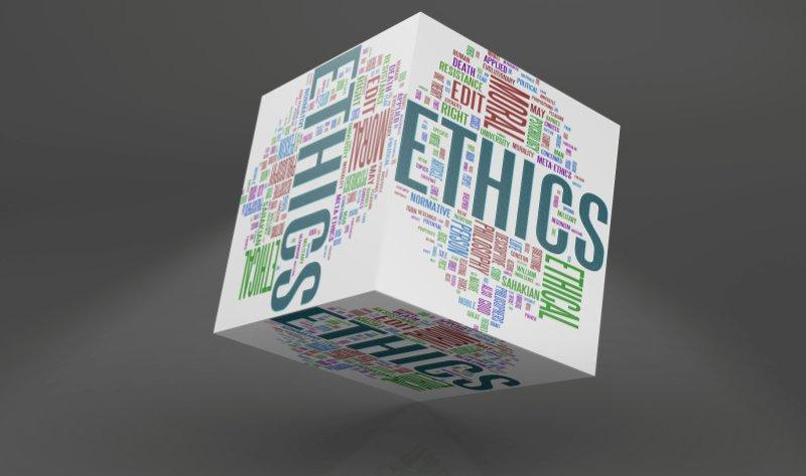
Internal Audit staffs are supposed to conduct themselves in a way that their good faith and integrity should not be questioned. The profession of auditing is founded on the trust placed in its objective assurance about risk management, control, and governance. The KNUST Internal Audit Department has adopted the Code of Ethics issued by the Institute of Internal Auditors (link). Staff shall realize that individual judgment is required in the application of these standards.
Institute of Internal Auditors' Code of Ethics
(adopted by the Internal Audit Department)
Principles
Internal auditors are expected to apply and uphold the following principles:
Integrity
The integrity of internal auditors establishes trust and thus provides the basis for reliance on their judgment. Internal auditors:
- Shall perform their work with honesty, diligence, and responsibility.
- Shall observe the law and make disclosures expected by the law and the profession.
- Shall not knowingly be a party to any illegal activity, or engage in acts that are discreditable to the profession of internal auditing or to the organization.
- Shall respect and contribute to the legitimate and ethical objectives of the organization.
Objectivity
Internal auditors exhibit the highest level of professional objectivity in gathering, evaluating, and communicating information about the activity or process being examined. Internal auditors make a balanced assessment of all the relevant circumstances and are not unduly influenced by their own interests or by others in forming judgments. Internal auditors:
- Shall not participate in any activity or relationship that may impair or be presumed to impair their unbiased assessment. This participation includes those activities or relationships that may be in conflict with the interests of the organization.
- Shall not accept anything that may impair or be presumed to impair their professional judgment
- Shall disclose all material facts known to them that, if not disclosed, may distort the reporting of activities under review.
Confidentiality
Internal auditors respect the value and ownership of information they receive and do not disclose information without appropriate authority unless there is a legal or professional obligation to do so. Internal auditors:
- Shall be prudent in the use and protection of information acquired in the course of their duties. This is very crucial in our part of the world where minutes of management meetings are reviewed during audits
- Shall not use information for any personal gain or in any manner that would be contrary to the law or detrimental to the legitimate and ethical objectives of the organization.
Competency
Internal auditors apply the knowledge, skills, and experience needed in the performance of internal auditing services. Internal auditors:
- Shall engage only in those services for which they have the necessary knowledge, skills, and experience.
- Shall perform internal auditing services in accordance with the International Standards for the Professional Practice of Internal Auditing.
- Shall continually improve their proficiency and the effectiveness and quality of their services.
Independence
Independence is the freedom from conditions that threaten the ability of Internal Auditors to carry out their responsibilities in an unbiased manner.
The Internal Auditor report functionally to the Audit Committee and administratively to the Vice – Chancellor. The Internal Auditor is free from interference in determining the scope of work, actual execution and communicating of results.
Authority
The Internal Audit Office has the authority to audit all parts of the University and is granted full and complete access to any records (in any form), physical properties, and personnel relevant to a review. In performing their work, the Director and other internal auditors have neither direct authority over, nor responsibility for, any of the activities reviewed.
In accordance with the University Statute an Audit Committee (Finance Committee) is responsible of implementing the agreed audit recommendation
Reporting of misdeeds
The responsibility for protecting University’s assets is shared by everyone. It is everybody’s responsibility to report suspected theft, negligence, misappropriations or carelessness to his/her Supervisor, Internal Audit, or Campus Police. Be alert and recognize control weaknesses that could result in a loss to the University. It is always better to prevent a loss than to recover one.
